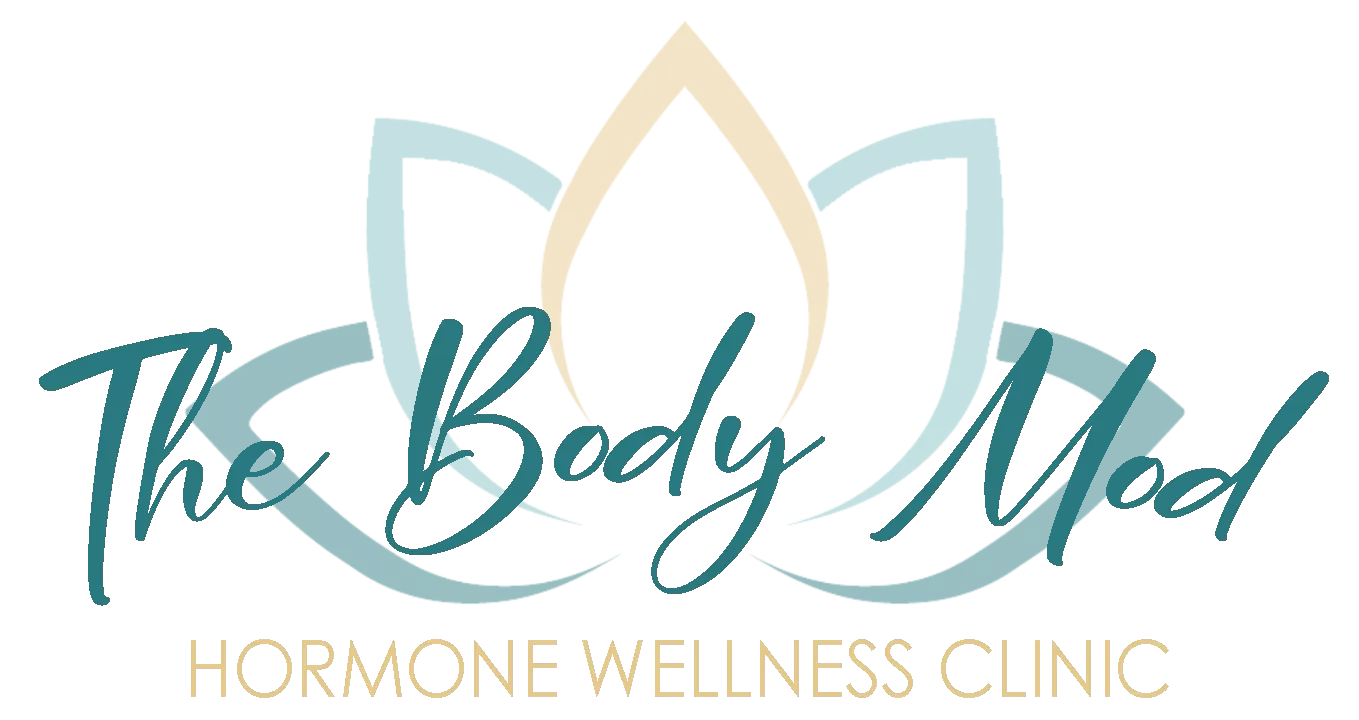The Importance of Sleep and Its Impact on Hormones: Insights from The Body Mod in Dayton, Ohio
Sleep is a fundamental aspect of our overall health and well-being, playing a crucial role in numerous physiological processes. At The Body Mod in Dayton, Ohio, we emphasize the importance of sleep, particularly its profound impact on hormonal balance. Understanding this relationship can help individuals achieve better health outcomes and improve their quality of life.
The Role of Hormones in the Body
Hormones are chemical messengers that regulate various functions in the body, including metabolism, growth, mood, and reproductive health. They are produced by glands in the endocrine system and released into the bloodstream, where they travel to target organs and tissues. Key hormones include:
- Melatonin: Regulates sleep-wake cycles.
- Cortisol: Controls stress response.
- Insulin: Manages blood sugar levels.
- Ghrelin and Leptin: Control hunger and satiety.
- Estrogen and Testosterone: Govern reproductive functions and sexual health.
How Sleep Affects Hormones
- Regulation of Sleep Hormones
- Melatonin: Produced by the pineal gland, melatonin levels rise in the evening to promote sleepiness and decrease in the morning to help you wake up. Poor sleep can disrupt melatonin production, leading to sleep disorders and poor sleep quality.
- Stress Hormones
- Cortisol: Known as the “stress hormone,” cortisol follows a daily rhythm, peaking in the morning and gradually declining throughout the day. Insufficient sleep can elevate cortisol levels, leading to increased stress, anxiety, and potential weight gain.
- Metabolic Hormones
- Insulin: Adequate sleep helps maintain insulin sensitivity, reducing the risk of insulin resistance and type 2 diabetes. Sleep deprivation can impair insulin function, leading to higher blood sugar levels and an increased risk of metabolic disorders.
- Appetite-Regulating Hormones
- Ghrelin and Leptin: Ghrelin stimulates appetite, while leptin signals satiety. Lack of sleep increases ghrelin levels and decreases leptin levels, leading to increased hunger and potential weight gain. This imbalance can contribute to obesity and related health issues.
- Reproductive Hormones
- Estrogen and Testosterone: Sleep influences the production of reproductive hormones, which are crucial for sexual health, fertility, and overall well-being. Disrupted sleep can lead to hormonal imbalances, affecting reproductive health and libido.
The Impact of Sleep Deprivation
Chronic sleep deprivation can have severe consequences on hormonal balance and overall health. Some of the potential impacts include:
- Increased Stress and Anxiety
- Elevated cortisol levels due to poor sleep can lead to heightened stress and anxiety, affecting mental health and emotional well-being.
- Weight Gain and Metabolic Disorders
- Imbalances in ghrelin, leptin, and insulin can contribute to overeating, weight gain, and an increased risk of metabolic disorders such as diabetes and obesity.
- Impaired Cognitive Function
- Lack of sleep affects cognitive functions, including memory, concentration, and decision-making, impacting daily performance and quality of life.
- Reduced Immune Function
- Sleep is essential for a healthy immune system. Chronic sleep deprivation weakens the immune response, making the body more susceptible to infections and illnesses.
- Hormonal Imbalances
- Disrupted sleep patterns can lead to imbalances in reproductive hormones, affecting menstrual cycles, fertility, and sexual health.
Achieving Better Sleep for Hormonal Balance
At The Body Mod, we advocate for healthy sleep practices to support hormonal balance and overall health. Here are some tips for achieving better sleep:
- Maintain a Consistent Sleep Schedule
- Go to bed and wake up at the same time every day, even on weekends, to regulate your internal clock.
- Create a Relaxing Bedtime Routine
- Engage in calming activities before bed, such as reading, meditation, or taking a warm bath, to signal to your body that it’s time to wind down.
- Optimize Your Sleep Environment
- Ensure your bedroom is cool, dark, and quiet. Invest in a comfortable mattress and pillows to create an ideal sleep environment.
- Limit Exposure to Screens Before Bed
- Avoid using electronic devices such as smartphones, tablets, and computers before bedtime, as the blue light emitted can interfere with melatonin production.
- Watch Your Diet and Exercise
- Avoid large meals, caffeine, and alcohol close to bedtime. Regular physical activity can promote better sleep, but avoid vigorous exercise right before bed.
Sleep is a cornerstone of good health, and its impact on hormonal balance is profound. At The Body Mod in Dayton, Ohio, we are committed to helping our clients understand and optimize their sleep for better hormonal health. By prioritizing sleep, you can improve your overall well-being and achieve a healthier, more balanced life.
For more information on how we can help you achieve better sleep and hormonal balance, contact The Body Mod at 937-530-0070 or visit our website atwww.thebodymod.com. Let us support you on your journey to optimal health.





